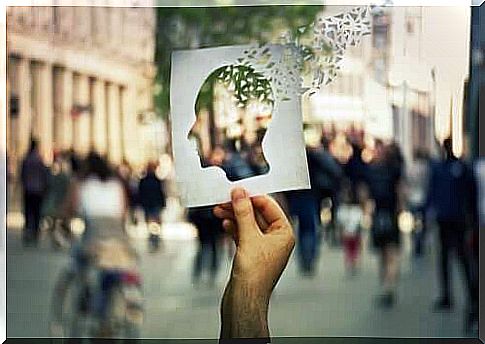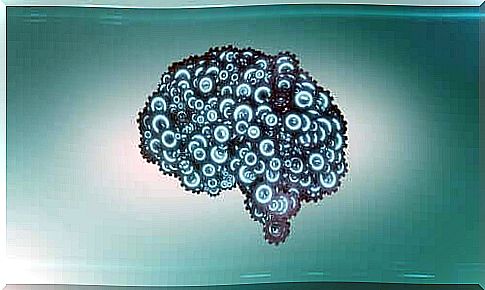Memory Loss: Is It Possible To Reverse It?

It is common knowledge that our memories deteriorate over the course of our lives. The latest scientific research has shown that there might be a way to reverse this gradual loss of memory.
New techniques such as transcranial magnetic stimulation can potentially reverse the effects of age-related memory loss. A study by Robert MG Reinhart and John A. Nguyen shows that this technique can restore the memory of older people. This would cause their memory to function like that of a much younger person. We now want to take a closer look at how this works.

Age-related memory loss
When people reach a certain age, they often complain that they can no longer remember names, appointments or everyday things.
One of the most common symptoms is loss of working memory (also called operational memory). Working memory helps you complete everyday tasks such as remembering phone numbers, arithmetic, making decisions, and coping with everyday situations. You can temporarily store and process information in working memory.
Over the years, your working memory will deteriorate. This makes it increasingly difficult to cope with everyday tasks.
Neurons lose their connection to each other
But why does working memory deteriorate even though there is no neurodegenerative disease? The scientists have not yet found an answer to this question.
In a recently published study, researchers found that synchronicity between neurons is very important for a well-functioning memory.
Neurons are cells that respond to stimuli and then pass this information on to other neurons. If these neurons are out of sync, however, then it is like listening to an orchestra in which each musician plays music to their own rhythm. This would result in great chaos. Something similar happens with the neurons. If they no longer work in sync, your memory can no longer function properly.
Undo memory loss in just 25 minutes
In a study published in Nature magazine , researchers used transcranial magnetic stimulation to stimulate neurons. The goal was to reverse an existing memory loss. For this purpose, they formed two test groups: the first group consisted of people between the ages of sixty and seventy, and the subjects in the second group were around 30 years younger.
The researchers stimulated different brain areas involved in memory processes in the test subjects for 25 minutes. During this stimulation, the scientists found that the neurons in the respective brain regions regained their synchronicity.
Amazingly, after the stimulation, the older participants had a mental agility that was comparable to that of the much younger participants. Unfortunately, this reversal of memory loss only lasted for about 50 minutes after stimulation. Afterwards, the older subjects had the memory performance they had before the experiment.
A promising therapy
Although the positive results were temporary, the scientists believe that this experiment provided evidence that memory loss is not always irreversible.
Transcranial magnetic stimulation could also be a promising alternative treatment for people suffering from cognitive deficits caused by Alzheimer’s disease.

This therapy is not only effective for memory loss
This therapy cannot only be used to stimulate neurons to improve memory performance. In addition, this method can also be used to treat other health problems.
For example, some doctors use this method to treat postoperative dysphagia (difficulty swallowing). This stimulates the area of the brain that controls the muscles of the esophagus. This will alleviate the difficulty swallowing.
As scientists continue to work on improving and perfecting transcranial magnetic stimulation, they are sure to discover many more uses for this innovative technology. Perhaps in the not too distant future there will be portable devices that we can use at home to treat various health conditions.









